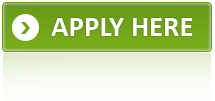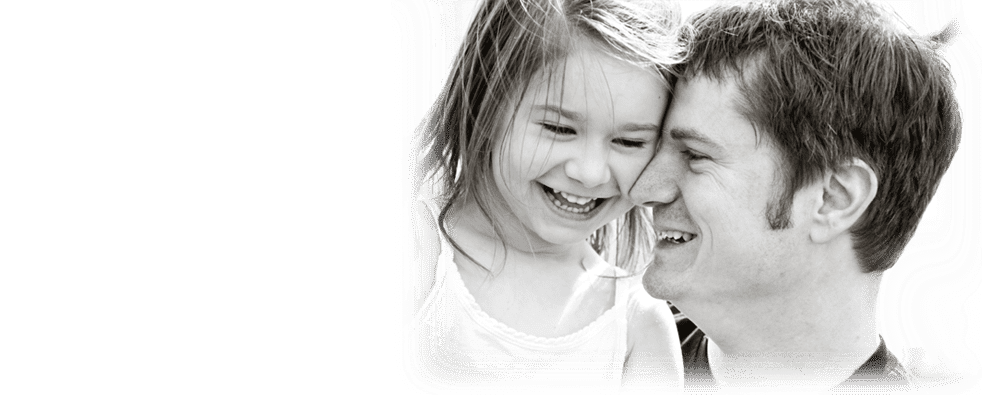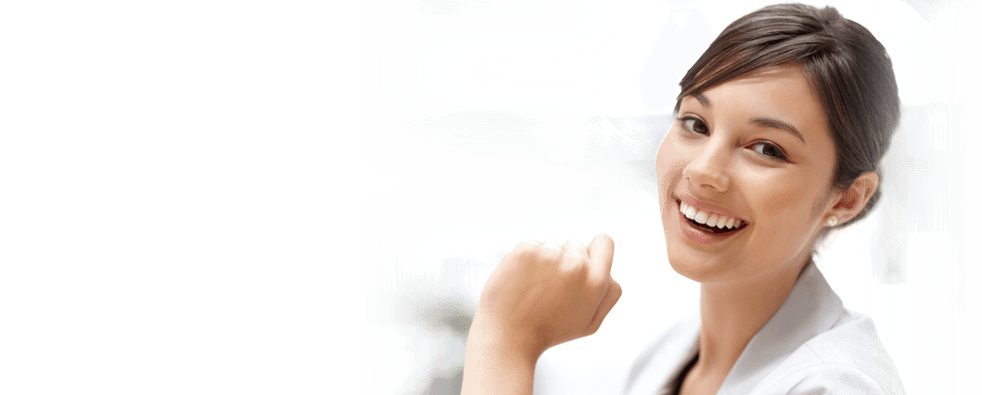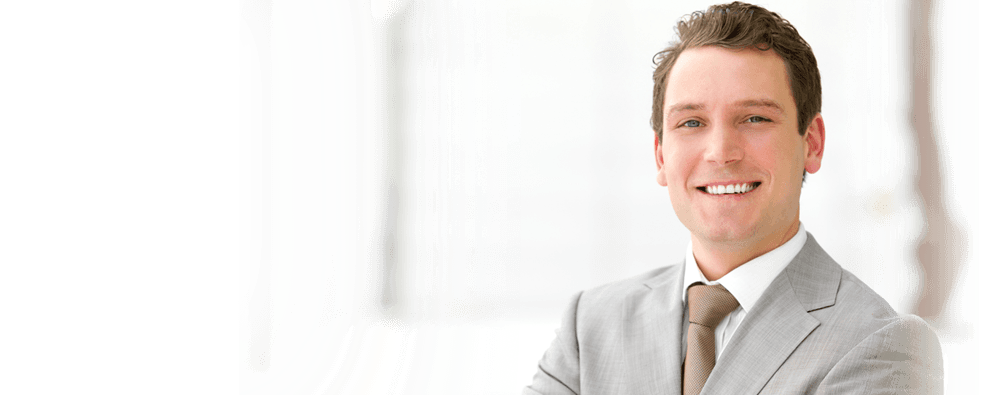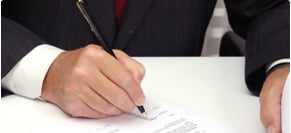Are Alternative Financial Services Better Than Too Expensive Traditional Banks?
The time has come for policymakers and payday loan critics to get to know those who use these alternative financial services. That’s what Lisa Servon, a professor of urban policy at the New School in New York, did and she learned a lot about why these services are in demand.
She recently detailed her experience in The New York Times in “Are Banks Too Expensive to Use?” (http://www.nytimes.com/2014/10/30/opinion/are-banks-too-expensive-to-use.html) In it, she reflects on her experience as a clerk at a couple of check cashing businesses. During her work there, she rubbed shoulders with the so-called “unbanked” and discovered why they use alternative financial services.
Who Are the Unbanked?
The unbanked are those who don’t use traditional banks. As of 2013, 25 million Americans were unbanked, meaning they had no bank account at all according to a recent report by the Federal Deposit Insurance Corporation (FDIC). Another 68 million were “underbanked.” Instead of using traditional banks, both groups used check-cashing centers, payday lenders, and fee-based prepaid debit cards to carry out their financial affairs.
Why Many Are Unbanked?
Here’s what Servon realized about why the unbanked or underbanked preferred this non-banking system to mainstream banks. They described banks as “more expensive and confusing and less service-oriented” than the alternatives. Many had grown tired of the increasing fees charged by banks.
Banks Getting More Expensive
Servon notes that — on average — the banks’ monthly service fees on checking accounts jumped 25 percent in from 2010 to 2011. From 2009 to 2011, the percent of free noninterest-bearing checking accounts also declined from 76 percent to 39 percent. The average overdraft fee also rose to $32.74.
It’s funny that payday loans seem to get all the criticism, but as recent studies have shown overdraft fees are much higher. If you consider the amount of the overdraft as a short-term loan and the fee as the interest, overdrafts can have an annual percentage rate (A.P.R.) of 5,000 percent.
This dwarfs the 200 to 500 percent A.P.R. of a 14-day payday loan, which runs 200 to 500 percent. Unfortunately many of those hardest hit by these fees don’t realize it because hardly anyone criticizes or threatens to shutdown the mainstream banks that profit from overdraft fees.
Why Alternatives Make Sense
Check cashers also charge a percentage of the face value of a check when cashing it. This fee can vary depending on the state, but usually runs at least two percent. Money order fees also vary, but many check cashing services charge less than the post office for the service.
Most banks no longer offer free savings accounts – even for minors. Plus, it is not uncommon to hear a horror story of how someone opened a savings account to teach their kids to save, checked the banking statement after the first few months and realized the kid had lost not saved any money.
Why? The bank subtracted $5 or $10 a month as a service fees. Unknowingly, the child’s original deposit had declined by $15 to $30 dollars. The lesson learned? Banks charge too much for their services.
In fact, mainstream banking costs are rising so high that even organizations that used to try and move the unbanked to the traditional banks are changing their policies. They’ve seen firsthand the damage these types of fees cause to their clients.
What do they recommend now? Believe it or not — check cashing centers.
More Choice Equals Better and Less Expensive Financial Services
What’s next for alternative financial services?
Alternative lenders and check cashers are already starting to innovate and improve products and services. Their offerings are becoming better and less expensive.
Not only do they compete with each other, but they also compete with the banks. In the end, this is good for consumers – whether they are unbanked, under banked or banked.
The key to succeeding in the financial marketplace is giving consumers options that they want and need. The demand for payday loans and check-cashing services indicates that it’s a necessary service for those who can’t get low-rate personal loans or free checking and savings accounts from traditional banks.
The Takeaway
As Servon asks in her Op-Ed piece: “Does using a bank really contribute to financial health?” She concludes that “for an increasing number of people, the answer is no.”
All those who would answer no to that question, deserve alternatives. That’s why it’s necessary to protect options like payday loans, cash advances and other kinds of personal loans.
Instead of focusing on outlawing alternatives, policy makers should focus on improving the alternatives. Alternatives lenders should too.
And they are. That’s why there’s a huge amount of innovation happening in the lending marketplace – from lending clubs, peer-to-peer loans, and crowd funding. Plus, alternative lenders have also created payday loans and cash advances with more manageable payback periods and lower-rates.
Your best course of action is to use competition to your advantage. An online loan matching services enables you to do just that. You can apply to many different lenders at one time and since they are competing for your business, between you are more likely to find loans with the best rates and terms.

